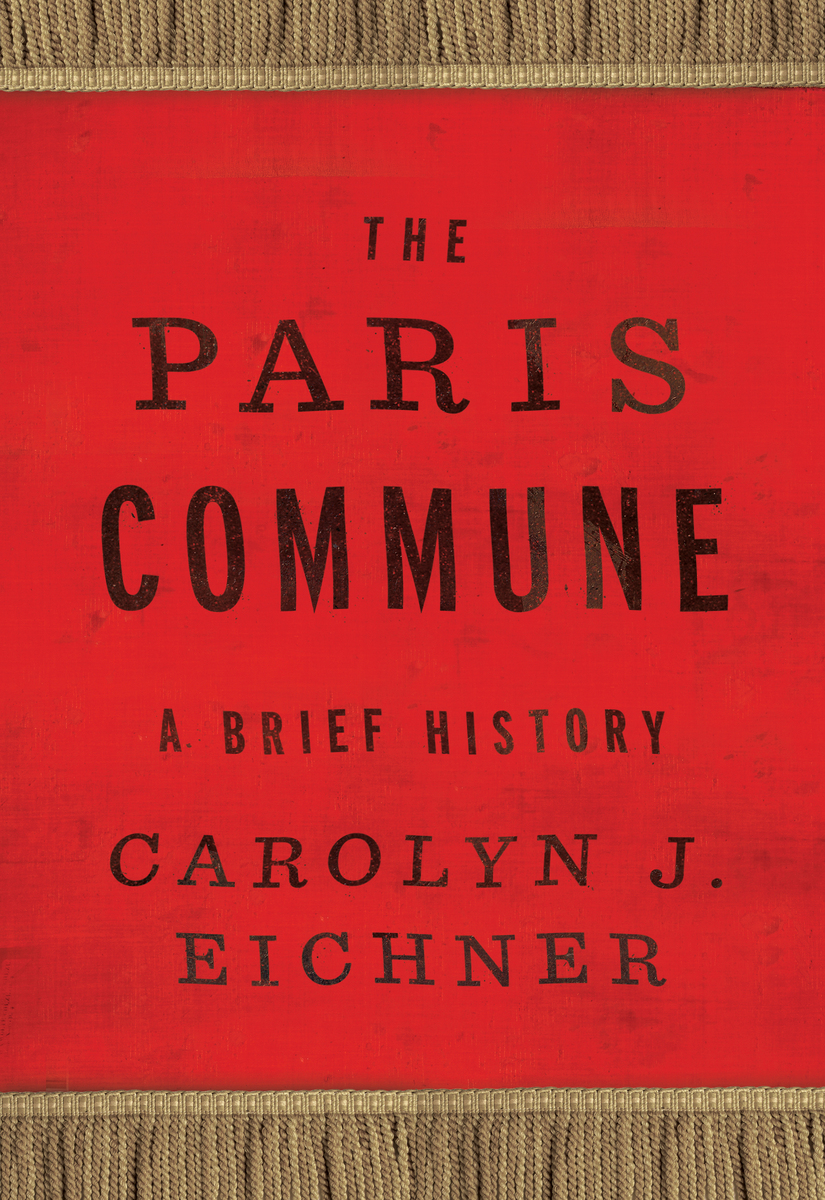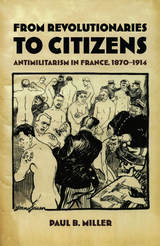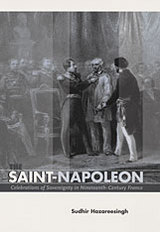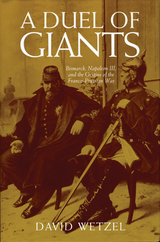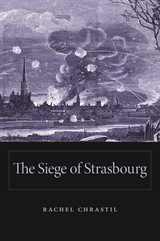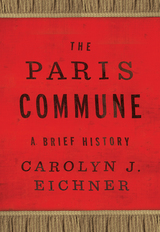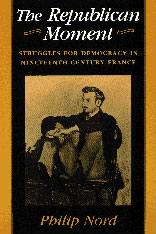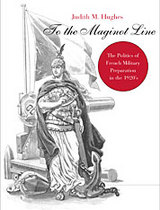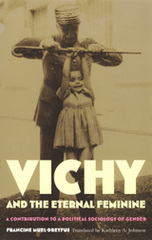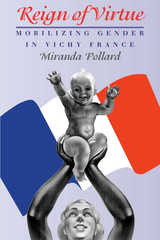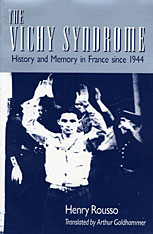The Paris Commune: A Brief History
Rutgers University Press, 2022
Cloth: 978-1-9788-2769-1 | Paper: 978-1-9788-2768-4 | eISBN: 978-1-9788-2770-7 (ePub) | eISBN: 978-1-9788-2771-4 (PDF)
Library of Congress Classification DC316.E43 2022
Dewey Decimal Classification 944.0812
Cloth: 978-1-9788-2769-1 | Paper: 978-1-9788-2768-4 | eISBN: 978-1-9788-2770-7 (ePub) | eISBN: 978-1-9788-2771-4 (PDF)
Library of Congress Classification DC316.E43 2022
Dewey Decimal Classification 944.0812
ABOUT THIS BOOK | AUTHOR BIOGRAPHY | REVIEWS | TOC
ABOUT THIS BOOK
At dawn on March 18, 1871, Parisian women stepped between cannons and French soldiers, using their bodies to block the army from taking the artillery from their working-class neighborhood. When ordered to fire, the troops refused and instead turned and arrested their leaders. Thus began the Paris Commune, France’s revolutionary civil war that rocked the nineteenth century and shaped the twentieth. Considered a golden moment of hope and potential by the left, and a black hour of terrifying power inversions by the right, the Commune occupies a critical position in understanding modern history and politics. A 72-day conflict that ended with the ferocious slaughter of Parisians, the Commune represents for some the final insurgent burst of the French Revolution’s long wake, for others the first “successful” socialist uprising, and for yet others an archetype for egalitarian socio-economic, feminist, and political change. Militants have referenced and incorporated its ideas into insurrections across the globe, throughout the twentieth and into the twenty-first centuries, keeping alive the revolution’s now-iconic goals and images. Innumerable scholars in countless languages have examined aspects of the 1871 uprising, taking perspectives ranging from glorifying to damning this world-shaking event. The Commune stands as a critical and pivotal moment in nineteenth-century history, as the linchpin between revolutionary pasts and futures, and as the crucible allowing glimpses of alternate possibilities. Upending hierarchies of class, religion, and gender, the Commune emerged as a touchstone for the subsequent century-and-a-half of revolutionary and radical social movements.
See other books on: Brief History | Paris | Paris (France) | Revolutionaries | Revolutions, Uprisings & Rebellions
See other titles from Rutgers University Press
